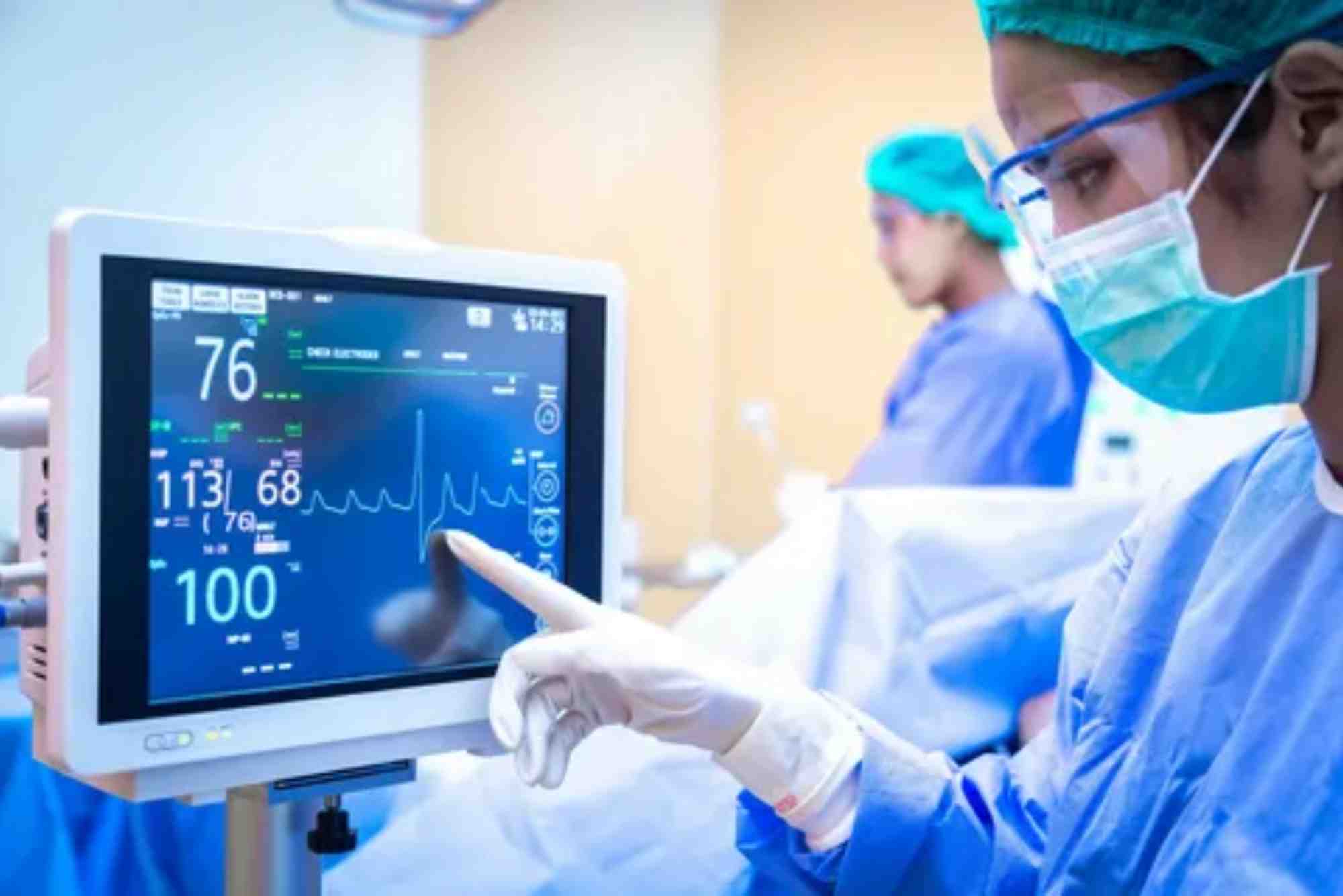What is CMS in Healthcare?
Content Management Systems (CMS) have revolutionized various industries, including healthcare. In this digital age, where data management and patient care intertwine, understanding CMS in healthcare is paramount. From organizing patient records to streamlining administrative tasks, CMS platforms play a pivotal role in enhancing operational efficiency and improving patient outcomes.
The Evolution of CMS in Healthcare
Over the years, CMS in healthcare has evolved from basic electronic medical records (EMR) systems to sophisticated platforms that integrate various functions. Initially focused on digitizing patient records, modern CMS solutions now encompass a wide array of features, including appointment scheduling, billing, and patient engagement tools. This evolution reflects the growing need for comprehensive solutions that address the complexities of healthcare management.
Benefits of CMS in Healthcare
Implementing a CMS in healthcare offers numerous benefits for both providers and patients. Streamlined workflows reduce administrative burdens, allowing healthcare professionals to focus more on patient care. Enhanced data accessibility facilitates better collaboration among care teams, leading to more coordinated and efficient treatment plans. Moreover, robust security measures safeguard patient information, ensuring compliance with regulatory standards such as HIPAA.
Challenges and Considerations
Despite its advantages, adopting a CMS in healthcare also presents challenges. Integration with existing systems can be complex and time-consuming, requiring careful planning and implementation strategies. Moreover, ensuring data accuracy and integrity is crucial to prevent errors that could impact patient safety. Additionally, maintaining compliance with evolving regulations poses ongoing challenges for healthcare organizations.
The Impact on Patient Care
The implementation of CMS in healthcare has a profound impact on patient care. By centralizing patient data and automating routine tasks, healthcare providers can deliver more personalized and efficient services. Patients benefit from improved access to their medical information, empowering them to take an active role in managing their health. Furthermore, features such as telemedicine integrations enable remote consultations, expanding access to care for underserved populations.
Embracing Innovation in Healthcare Management
In conclusion, CMS systems have become indispensable tools in modern healthcare management. By leveraging technology to streamline processes and enhance collaboration, healthcare organizations can optimize their operations and deliver superior patient care. However, successful implementation requires careful planning, ongoing training, and a commitment to data security and regulatory compliance. As healthcare continues to evolve, embracing innovative solutions like CMS will be essential to meet the demands of an ever-changing landscape.
Health and Family Welfare Department Karnataka
The Health and Family Welfare Department of Karnataka plays a crucial role in promoting public health and ensuring the well-being of its citizens. Through various initiatives and programs, the department strives to provide accessible and quality healthcare services to all residents of the state. From immunization drives to maternal and child health programs, Karnataka’s Health and Family Welfare Department works tirelessly to address the diverse healthcare needs of its population.
Sunil Medical Clinic
Sunil Medical Clinic is a trusted healthcare provider dedicated to delivering comprehensive medical services to the community. With a team of experienced healthcare professionals and state-of-the-art facilities, the clinic offers a wide range of healthcare services, including preventive care, diagnostic testing, and treatment for acute and chronic conditions. Committed to patient-centered care, Sunil Medical Clinic strives to provide personalized attention and compassionate support to every individual who walks through its doors.











